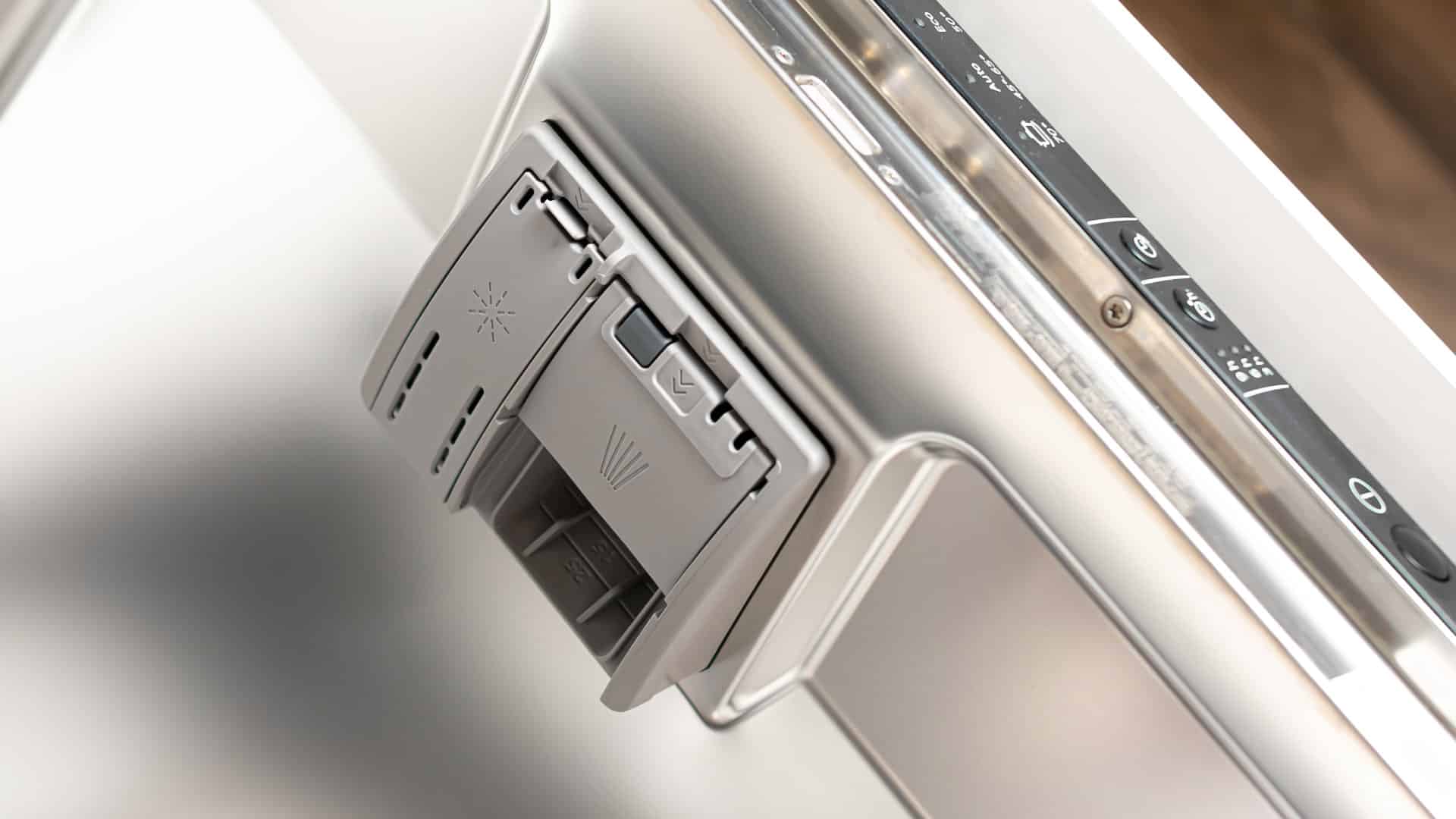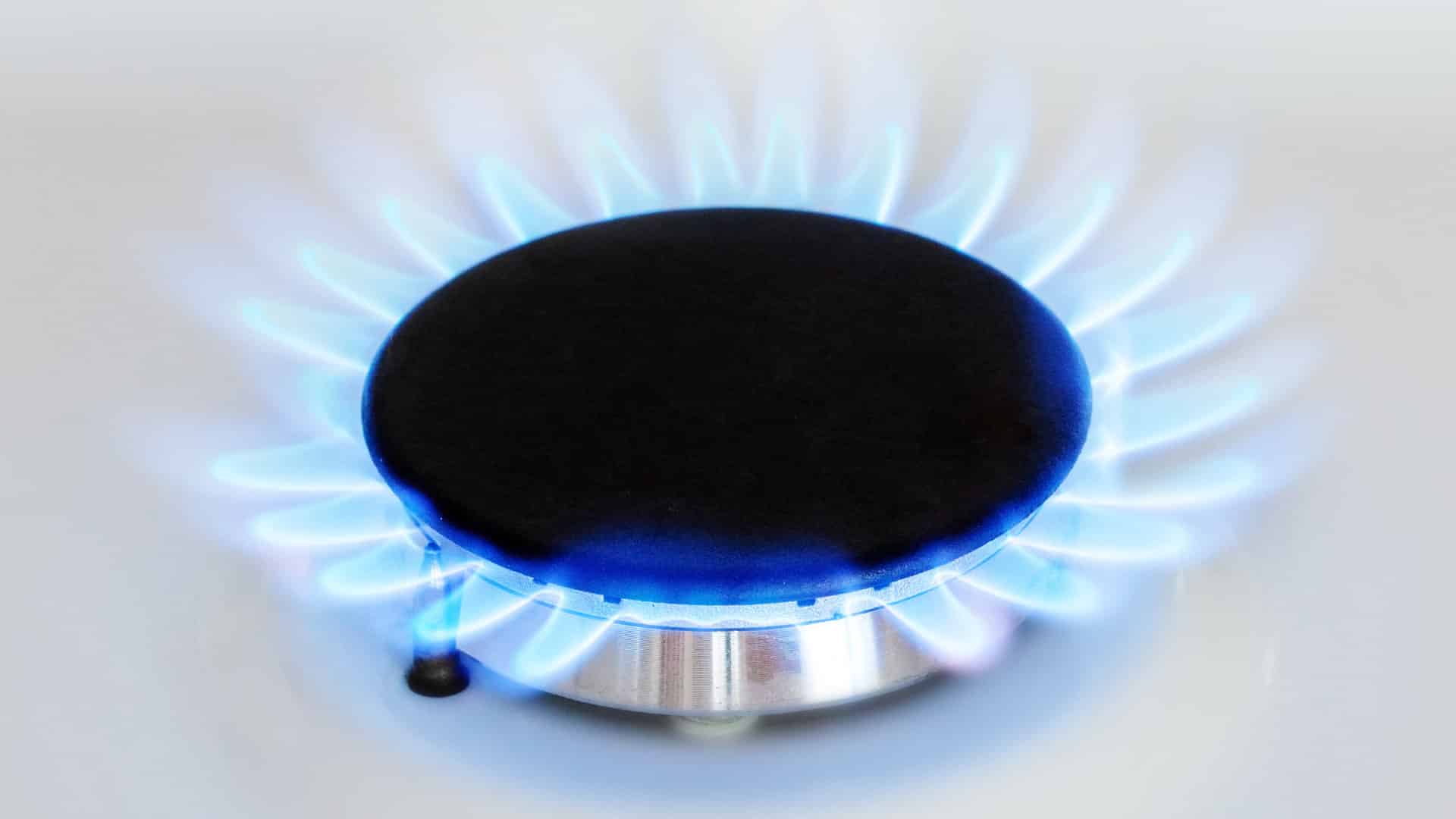
If you’re wondering which type of stove is best for your home — gas or electric — you’re not alone. Both types of stoves have their pros and cons, so it’s important to do your own research before making a purchase.
In this blog post, we’ll compare gas and electric stoves, so you can decide which one is right for you.
Gas stoves are more energy-efficient than electric stoves
Gas stoves have come a long way in recent years, providing great energy-efficient options for those who prefer to use them. They save time and money, heating up quicker than their electric counterparts, which take longer to heat.
With many models featuring high BTU burners, the temperature, and control is reliable and fast. For added energy savings, look for models with sealed burners and continuous grates that allow you to move your pots and pans across the entire stovetop with ease. Gas stoves also tend to be easier to clean as there are no nooks and crannies as electricity coils provide. All this adds up, making gas stoves more energy-efficient than electric stoves.
Gas stoves cook food faster than electric stoves
Gas stoves offer a much more quick and more efficient way to cook food than electric stoves. Compared to electric stoves, which often take a considerable amount of time to heat up, the natural gas provided by traditional gas stoves warms up instantly!
This means that these kinds of stoves are well-suited for quickly boiling water for pasta or making grilled cheese sandwiches in a pinch — tasks that require fast cooking times. This doesn’t mean that electric stoves don’t have their own benefits, they just require more time before you can get started cooking. All in all, no matter which kind of stove you prefer, they both provide a convenient way to make delicious meals.
Electric stoves are much easier to clean than gas stoves
Electric stoves may seem like a hassle when it comes to cleaning, but they require far less maintenance compared to gas stoves. Instead of scrubbing away in an attempt to clean your old gas stovetop, cleaning an electric one is relatively easy. All you have to do is simply wipe it down with either a damp cloth or proper cleaner.
If you’re out of store-bought options, even warm water and a little baking soda work great. Taking care of an electric stove leaves more time for you to relax and get the rest you need. There’s nothing cooking-related that can’t be simplified by switching to electric.
Gas stoves cost more to install than electric stoves
Gas stoves are superior to electric models when it comes to cooking food evenly and quickly, but they usually carry a higher upfront cost due to their complicated installation process. Professional plumbers typically need to enter the home and install both the stove and the dedicated gas line, whereas an electric stove only requires a standard outlet.
In addition, existing gas lines may need to be reconfigured or redirected in order to ensure the proper functioning of the stove. Aside from the initial expense, gas stoves can also require additional energy sources such as propane or natural gas, depending on your location; however, these fuel sources often provide greater long-term savings over electric models.
Ultimately, if you’re looking for superior cooking performance combined with potentially lower energy costs, then a gas stove could be a good option for your home.
Electric stoves are safer to use than gas stoves
If you’re considering updating your kitchen appliances, you might want to consider an electric stove. Electric stoves are not only more energy-efficient than gas options, but they are also much safer. Electric stoves heat up quickly and have adjustable temperatures, so you can finely tune the heat levels as needed. This protects both your food from accidental scorching and your family from potential burns or fires due to gas leaks or explosions.
Electric stoves also require less ventilation than gas ranges, so you can rest easy knowing that your home is safe and healthy. In short, if safety is your primary concern when it comes to choosing a stove for your kitchen, electric models are the clear winners.
What about gas versus electric ovens?
Gas ovens are known for their quick heating capabilities compared to electric ovens. This is because gas ovens use a flame to heat up the oven cavity, which heats up the air inside faster than an electric element. The heat from the flame also radiates toward the walls and racks of the oven, ensuring that they, too, get heated quickly. In contrast, electric ovens take some time to heat up as the heating elements need to warm up before they can start heating the air inside. This means that if you’re in a hurry and need to get your cooking done quickly, a gas oven might be a better option for you.
Electric ovens are known to cook with drier heat compared to gas ovens. This is because electric ovens use heating elements that produce dry heat, whereas gas ovens use a flame that produces moist heat. This difference in heat can affect the texture and moisture content of your food. In an electric oven, the dry heat can help create a crispy crust on baked goods and roast meats while also keeping them moist inside.
However, in a gas oven, the moist heat can be beneficial for dishes that require steam, such as casseroles or soufflés. Ultimately, it comes down to personal preference for cooking method and the type of dish you’re cooking when deciding between an electric or gas oven.
Final Thoughts
If you’re considering a new stove for your home, there are many factors to weigh. Gas stoves and electric stoves each have their own advantages and disadvantages. Ultimately, the best choice of stove will depend on your specific needs and preferences.
We hope this article has helped inform you of some of the key differences between gas and electric stoves so that you can make an informed decision about which type of stove is right for you.
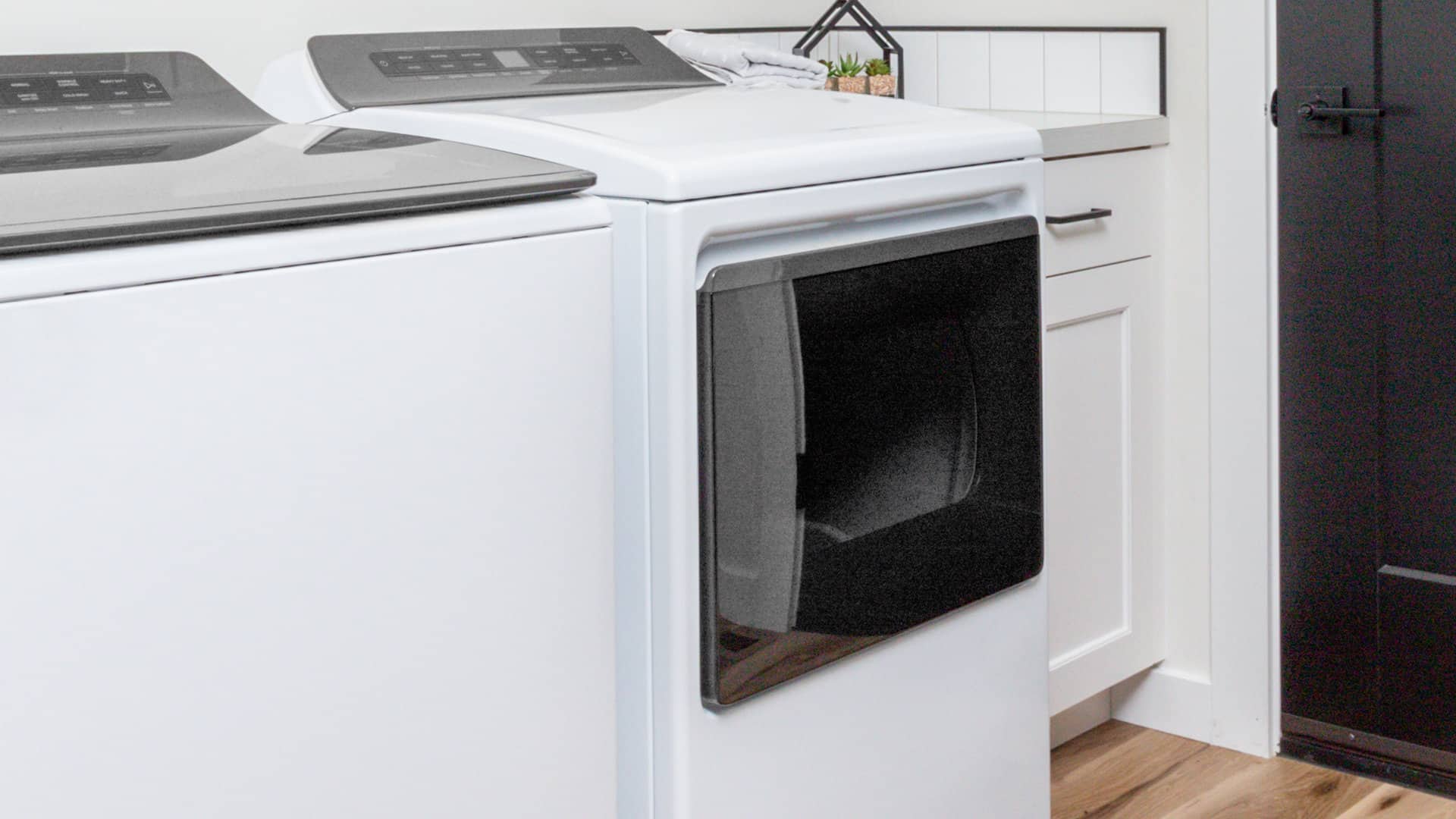
How To Fix a Whirlpool Washer F20 Error Code
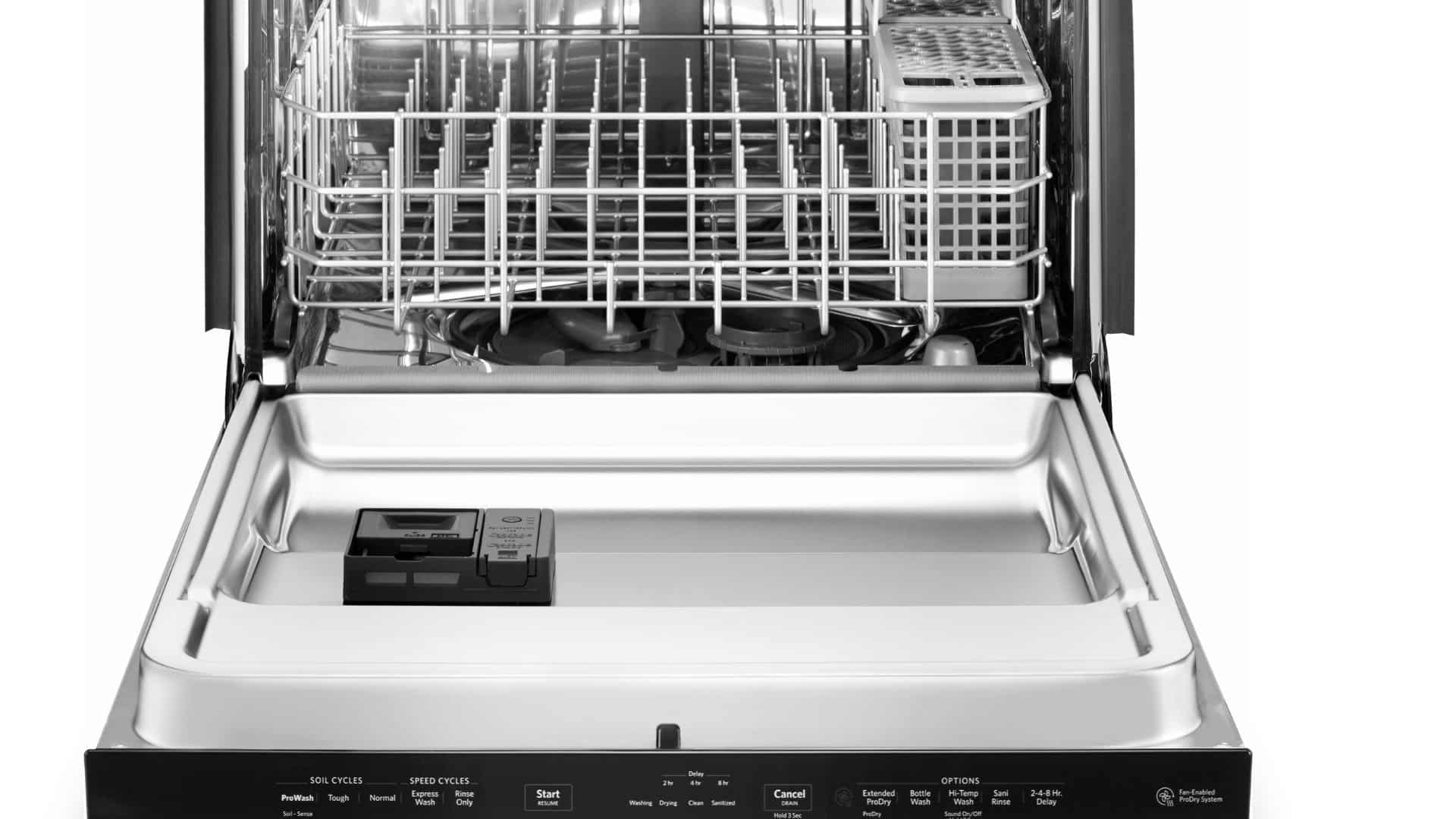
How to Fix a Dishwasher Not Getting Water: The Ultimate Guide
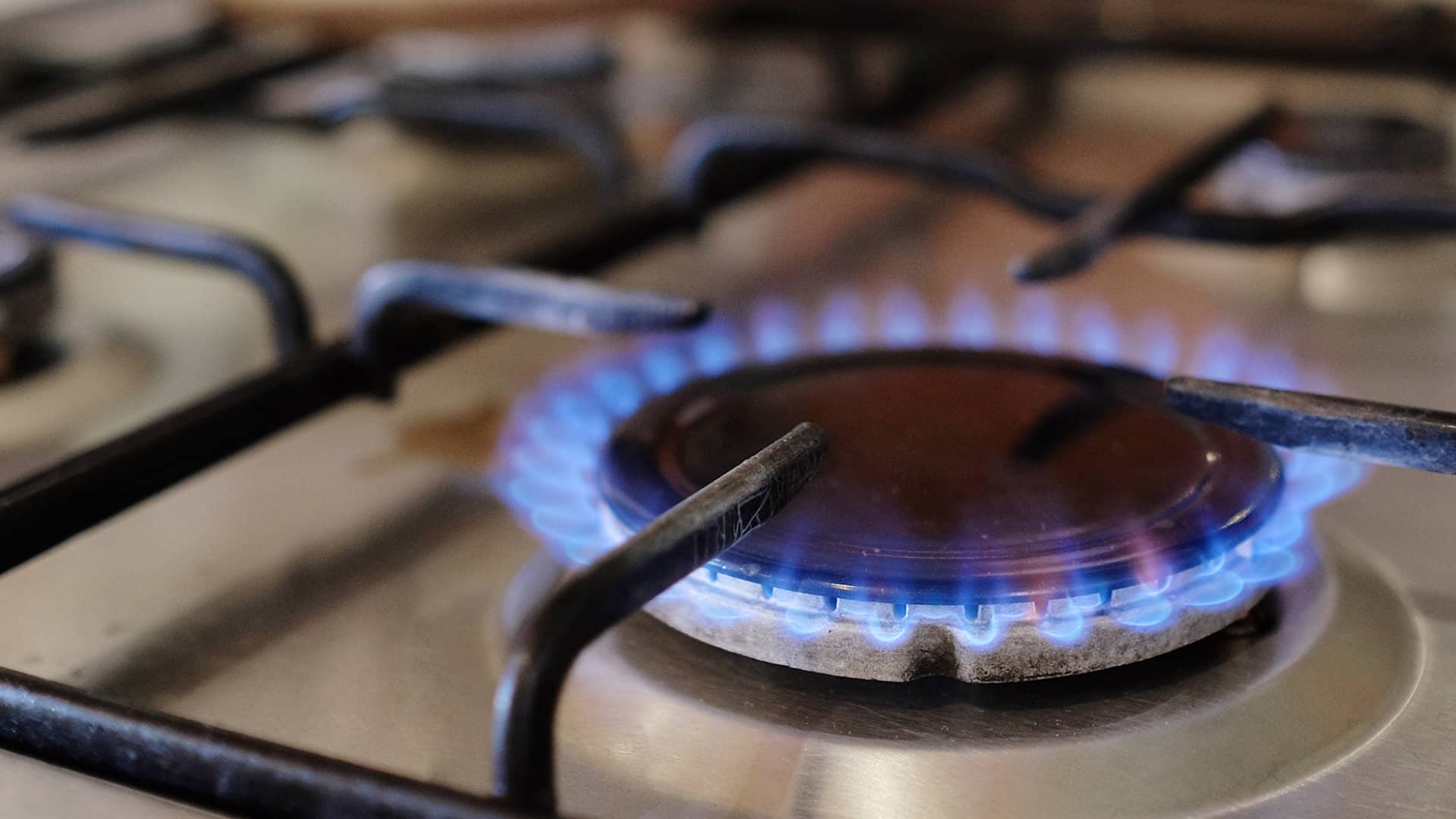
How to Solve the Frigidaire Stove F10 Error Code

How to Hook up a Gas Dryer
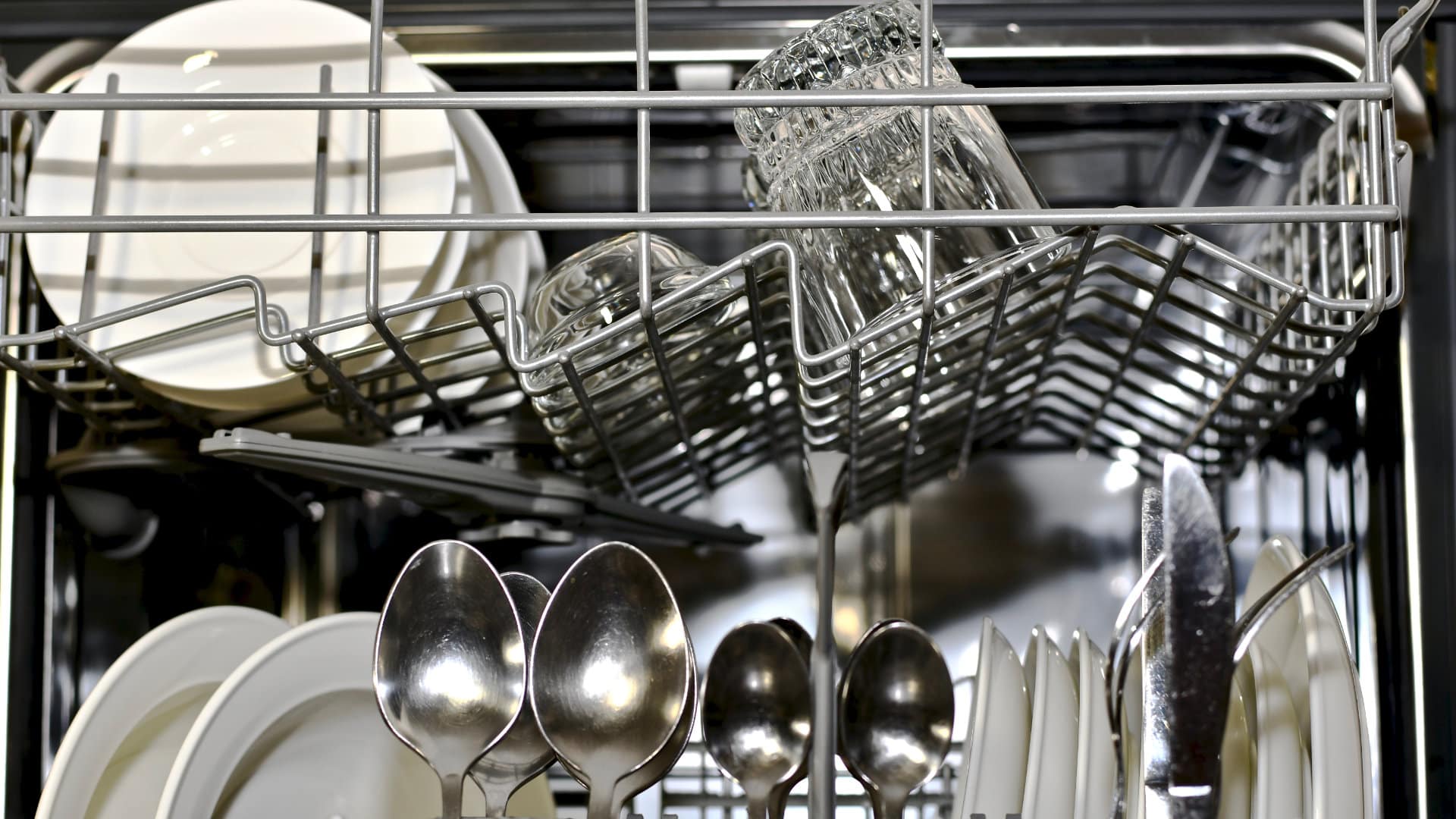
Dishwasher Not Cleaning Top Rack? How to Fix It
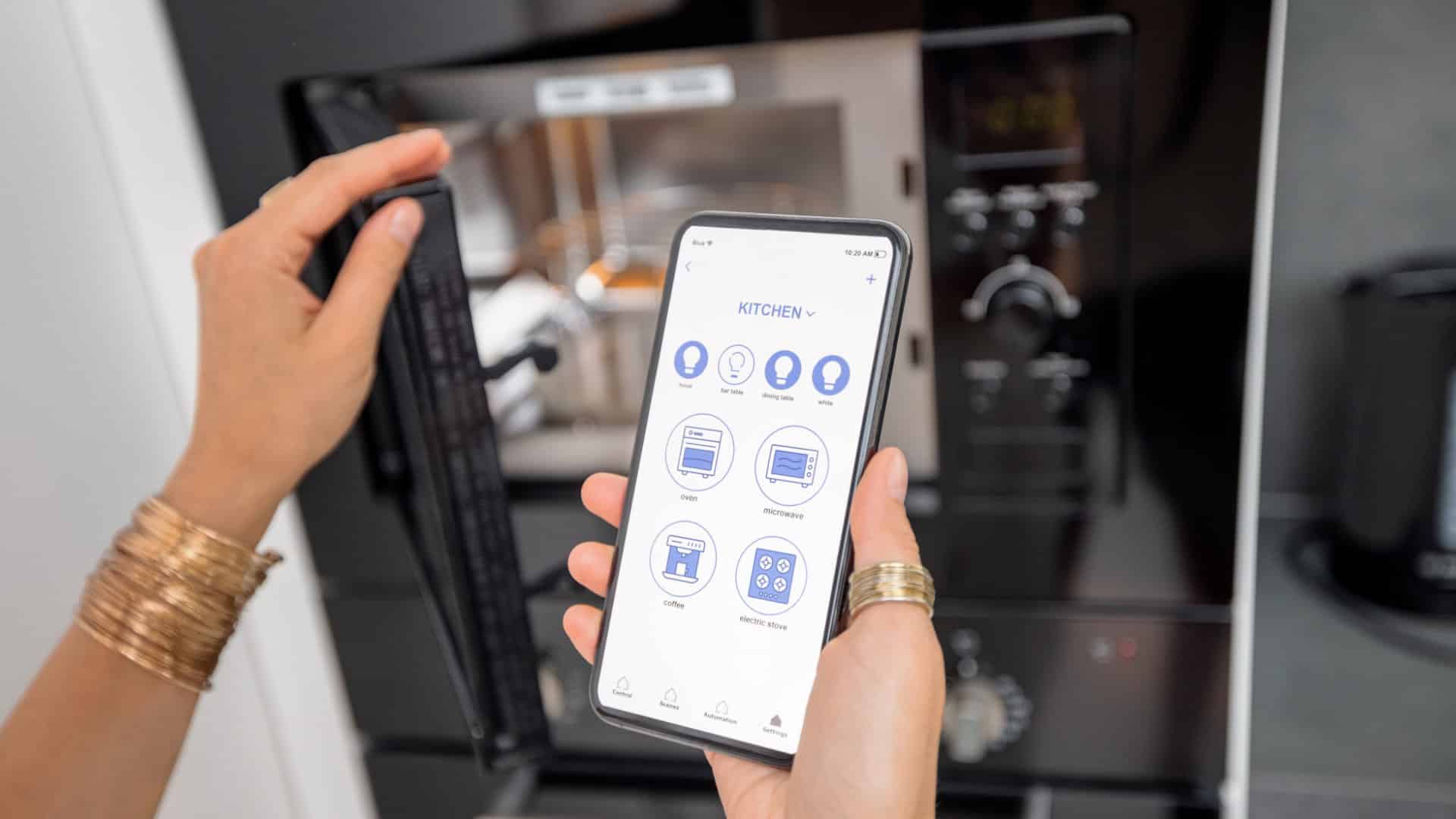
Why Your Microwave Is Making Weird Noises

How to Replace a Refrigerator Door Seal

Can You Put Styrofoam in the Microwave?
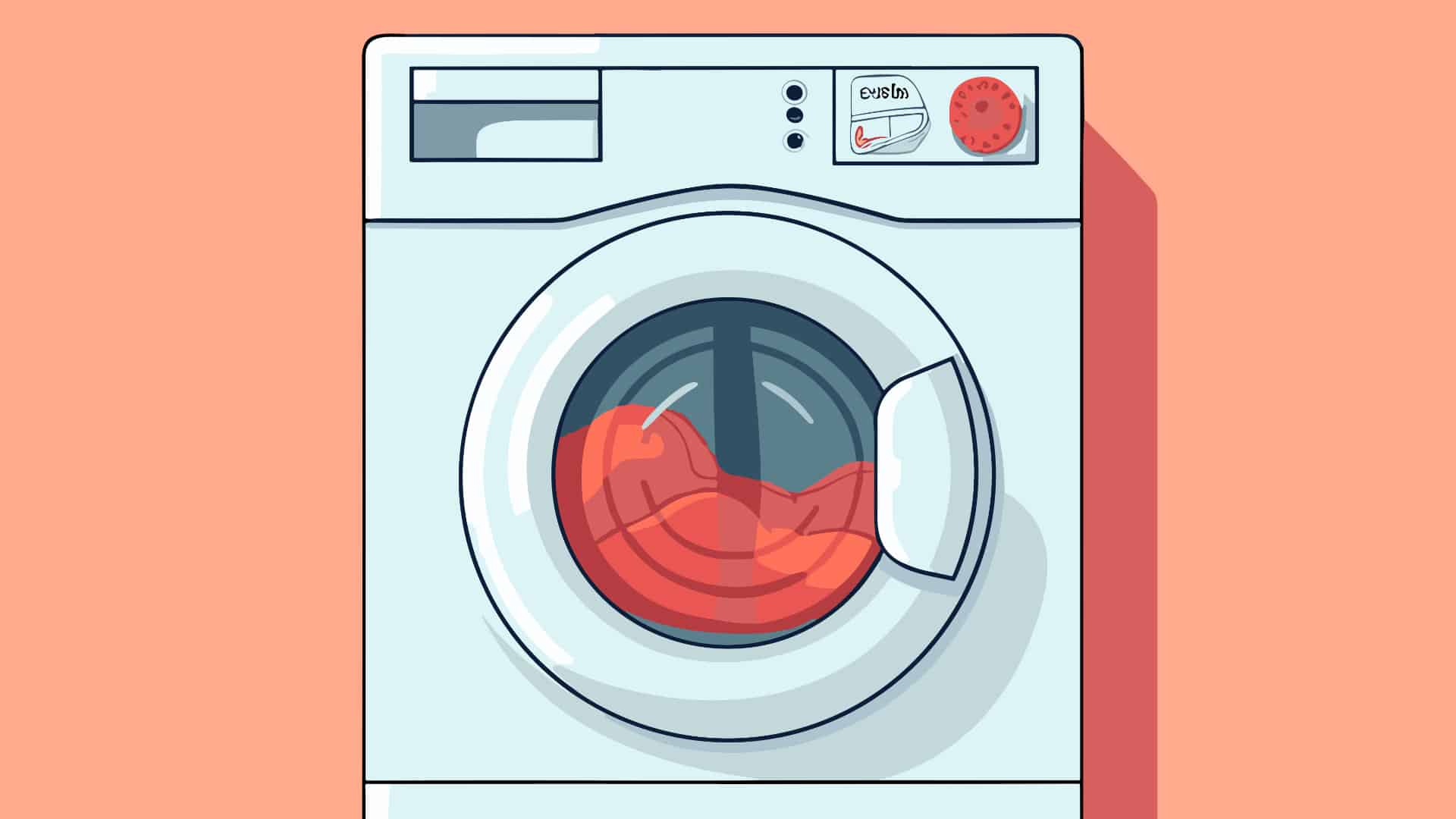
How to Resolve Whirlpool Washer E1/F9 Error Codes
